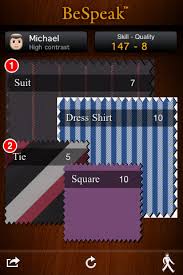
记忆方法
记忆“bespeak”的简单方法是将它分解为“be”和“speak”。想象有一个“be”动词和“speak”的意味,即有人(be)在提前说(speak)某件事,暗示了一种预订或宣布的意味。通过这个联想,你可以记住“bespeak”意味着预订或宣布。
以上内容由AI生成, 仅供参考和借鉴
英语词源
- bespeak (v.)
- Old English besprecan "speak about, speak against, complain," from be- + sprecan "to speak" (see speak (v.)). A common Germanic compound (cognates: Old Saxon bisprecan, Dutch bespreken, Old High German bisprehhan, German besprechen); originally "to call out," it evolved a wide range of meaning in English, including "speak up," "oppose," "request," "discuss, "arrange," and "to order (goods)" (1580s).
The connection of the senses is very loose; some of them appear to have arisen quite independently of each other from different applications of BE- pref. [OED]
权威例句
- 1. He raised his head to bespeak his son's wish.
- 他抬头问他儿子的愿望.
- 2. Today's events bespeak future tragedy.
- 今天的事件预示着未来的不幸.
- 3. Her house, her style of living, all bespeak an exceeding good income.
- 她的家, 她的生活方式, 都证明她有一笔很大的收入.
- 4. His polite manners bespeak the gentleman.
- 他的彬彬有礼的态度显示出他是个绅士.
- 5. I come here to bespeak Fanny a seal.
- 我上这儿来为范妮定刻一枚图章.